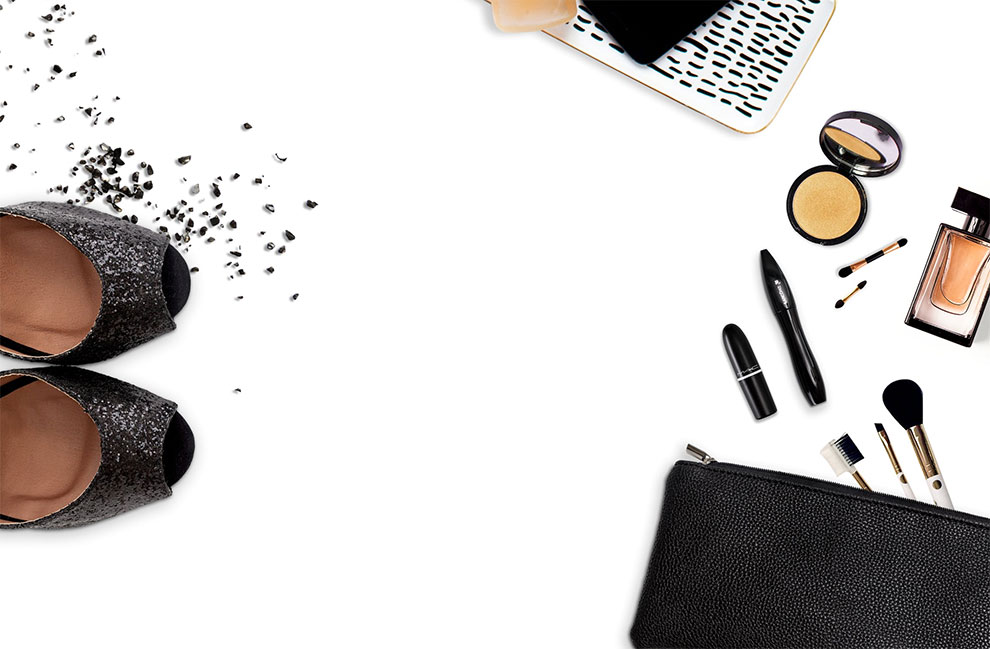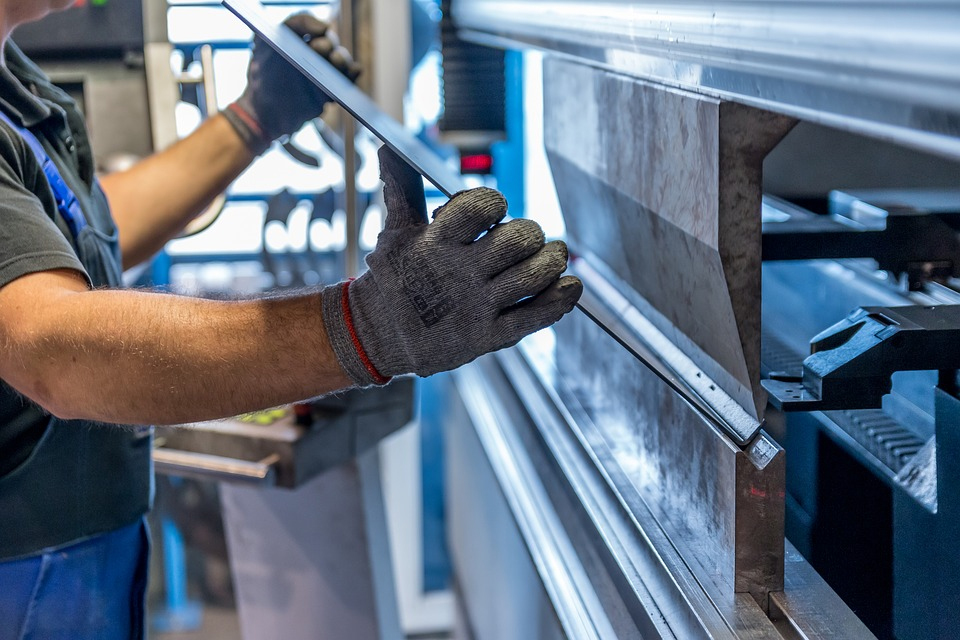Source
When you dive into the makeup industry, you realize how creative and fun it can be. You will notice how some of the most prominent makeup artists have made this profession a fun and creative one.
If you want to know how to become a freelance makeup artist, you must understand that becoming a freelance makeup artist requires effort, skill, and creativity to stand tall in this competitive industry. However, if being a freelance makeup artist is your passion, you already have the upper hand over other artists in the field.
What is a Freelance Makeup Artist?
A freelance makeup artist is usually a cosmetologist who applies makeup to a number of clients, which can often include models or TV personalities.
However, what differentiates freelance makeup artists from others in the field is that they don’t work with any specific company, giving them more flexibility and creative freedom. For instance, as a freelancer, you can work with actors who have an upcoming event or a photoshoot.
Freelance makeup artists have their work cut out for them, since they also have to work on the secondary and tertiary aspects of being an artist. They have to network with the right people; it’s a long journey with rewards in equal measure.
What Does a Freelance Makeup Artist Do?
Makeup artists are popular all over the world but are especially in demand in the entertainment industry. There they get to work with actors, actresses, and models throughout the industry.
Some of the most prominent places where a freelance makeup artist can work include:
Movie Set
Makeup artists play an incredibly important role in movies since they help give actors and actresses a unique look. Big budget movie sets can often hire teams of makeup artists, including freelancers.
Theater
A theater requires just as many makeup artists as film sets do, if not more. They likely have many artists working full-time, but you can also see plenty of freelancers there as well. The theatre we talk about could be a part of a university, school, or somewhere upscale like Broadway.
Weddings
Brides often like hiring freelance makeup artists instead of committing to a company beforehand. These freelancers will usually specialize in natural looks.
With the rise o
Work with Influencers
f social media, a prominent social media influencer could ask you to do their makeup and help them look their best. Influencers also hire freelance makeup artists when they have to make an appearance on a show or an event.
News
Most news teams now hire freelance makeup artists to touch up on their makeup between shots. Their anchors have to go live with bright lights, so their skin should look natural.
Fashion
The fashion industry always features models who look fabulous. Fashion itself encompasses all things glamorous and striking, so the makeup should match that aesthetic. However, some low-key boutiques and events might need makeup artists to create a more minimalistic look.

How to Become a Freelance Makeup Artist
Many people prefer to hire registered and licensed Cosmetologists and freelance makeup artists. However, even if you don’t have a cosmetology degree, your reputation and portfolio can usually be enough to establish your name in the industry.
The answer to how to be a freelance makeup artist is dedication, hard work, as well as learning and mastering the right skills. However, there are a few requirements you need to fill before moving on to becoming a freelance makeup artist.
Professional Training
While not all industries require an aspiring freelance makeup artist to have formal education, it’s a competitive field.
Having the formal credentials to go along with your skills as an artist can help you gain the upper hand over your competitors and can even get you jobs working with models and film crews.
Extra qualifications or credentials such as online courses can also significantly affect your business by attracting more clients.
You should consider enrolling in Vizio makeup classes, as they offer training for qualification levels such as intro, master, premier, and elite. And if you want to opt for a more personalized experience, you can head over and schedule your first class in person.
Invest in the Right Places
Because you’re an independent artist, you should invest in different makeup kits to experiment with multiple looks. It’s also an effective way to impress clients, as they can see how organized and committed you are to your job.
Plus, if you have earned your certificate, you may be offered a discount that will help you budget your initial expenses. Since you will buy all of the supplies on your own, you need to make sure that the investment is worth it.
For instance, you can’t use one shade of foundation for every client. They will all require different shades, even if they look the same. Some things that you should remember when buying your makeup include:
- Buy products that prep the skin, i.e., moisturizers, toners, eye creams, serums, etc.
- Buy products that suit different skin types like a basic primer, concealer, setting spray, etc.
- Don’t forget to buy eye makeup, palettes, mascara, eyeliner, and lashes.
- Products for the lip include lipsticks, glosses, lip liners, etc.
- You should also invest in different equipment, such as tweezers, eyelash curlers, brushes, disposable blenders, remover wipes, tissues, etc.
Identify Your Professional Niche
Identifying your professional niche means that you should recognize your specialty and what type of makeup you’re most passionate about. This will help you create a following and build a clientele that likes the looks you provide.
People have categories for what they like and prefer, and once you establish your own niche, it will be easier to target a particular crowd and attract clients.
Some of the main makeup types include:
- Bridal makeup
- Typical film or television makeup
- Editorial or fashion makeup
- Costume or special effects makeup
- Photoshoot makeup
Build Your Portfolio
Potential clients will likely request to view your previous record to see if their style matches your work. When you create a professional portfolio, you help clients evaluate whether the aesthetic or look they are interested in suits your area of expertise.
However, if you are just starting ahead, you can always ask your friends and family. You could try your makeup looks on them and add the pictures to your portfolio. This may also be a great practice for you to try out new techniques and ways to apply makeup.
You can opt for a digital portfolio too. This is where you create a professional web page promoting and displaying your work, or if that seems complicated, you can create a social media page (this option can help you gain a following, which will ultimately work in your favor with potential clients). Don’t forget to include your contact information so that people can reach you easily.
Attend Cosmetology Conventions or Trade Shows
In addition to online makeup courses, you could attend these events. Cosmetology conventions usually have exclusive workshops that can help you improve your makeup strategies. These events give you information about the latest trends that are going on in the cosmetic and beauty industry.
You can even watch these demonstrations to learn how to apply makeup in unique ways.
These conventions don’t just make a great place to learn about new techniques to apply makeup. You also get the chance to network with other artists and vendors, building your connections in the industry.
Network
Networking is the first step that makes the most difference. You should interact with other working professionals in your industry and communicate with them about your services.
Networking allows people to make genuine professional connections with other individuals in the industry.
Once you’re acquainted with different professional makeup artists, they can recommend potential clients interested in your niche. These mutual connections allow you to get a wider range of possible clients while keeping you updated about the industry.
Suppose there’s a big event happening in the industry soon, you will inevitably miss it if you don’t have connections in the industry. However, when you have a few connections, they may even save you a seat.

Wrapping Up
How to become a freelance makeup artist? You probably have asked yourself this question multiple times. Hope this guide answered this and multiple other questions you had in mind.
Without proper qualifications, it becomes 20 times more difficult to approach and succeed in such a competitive industry. And what better way than signing up for makeup classes, where you can meet people with the same passion and learn under professionals who have years of experience.





